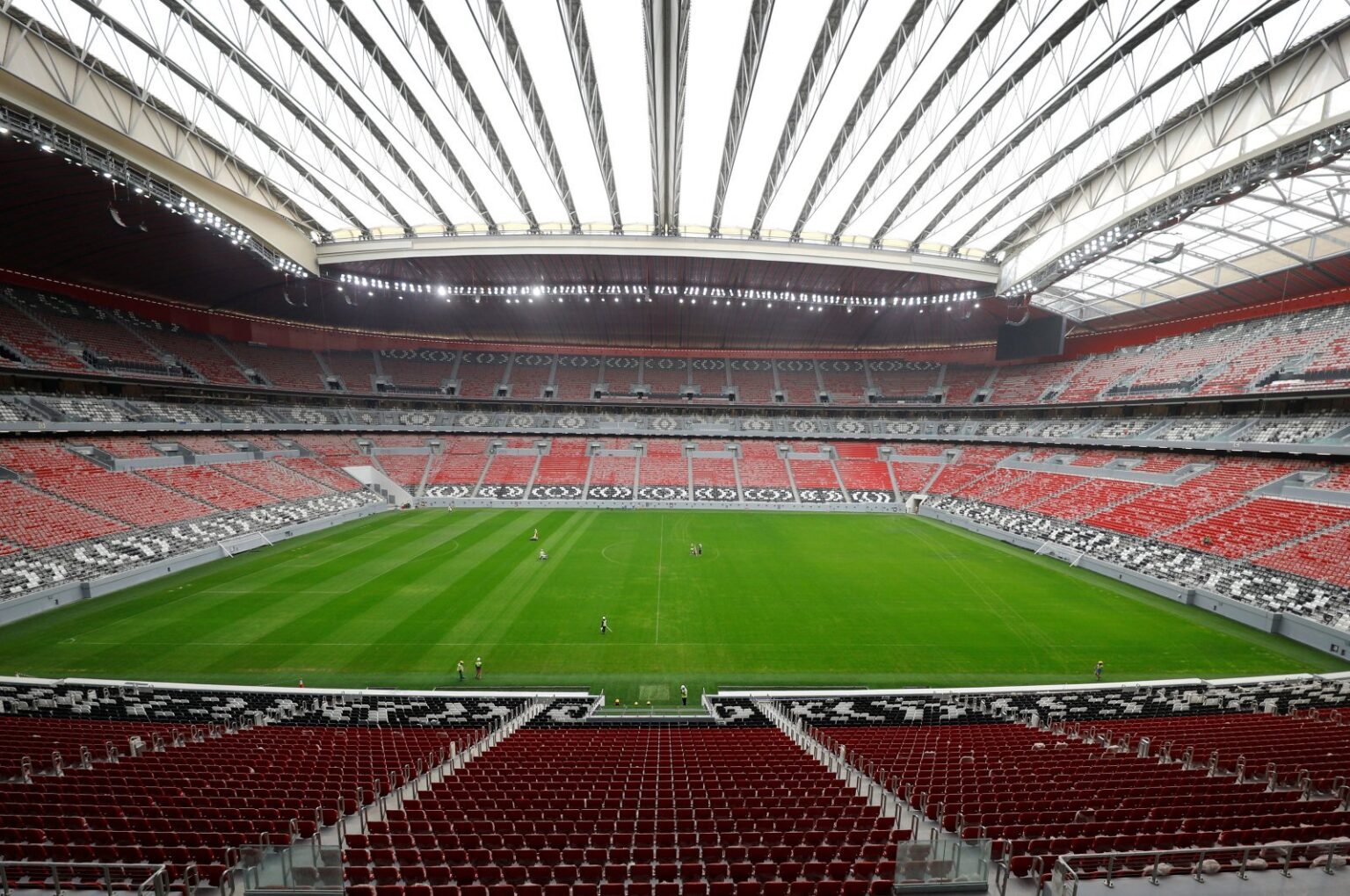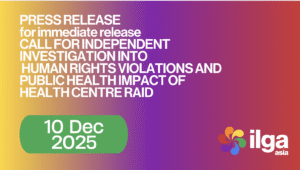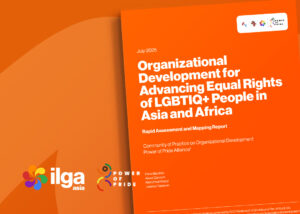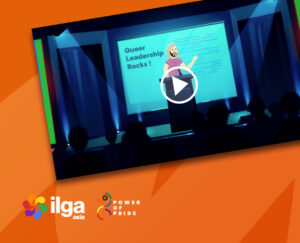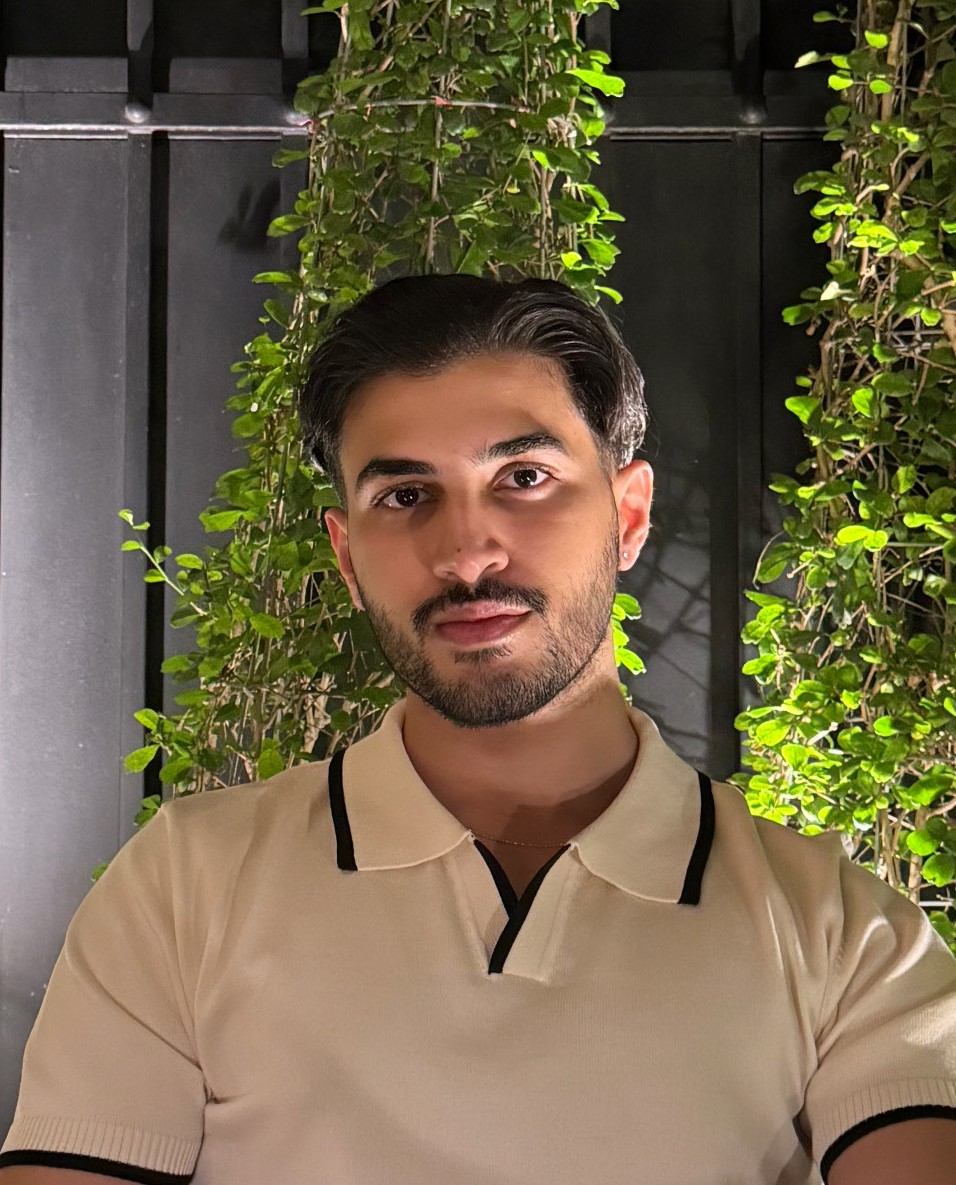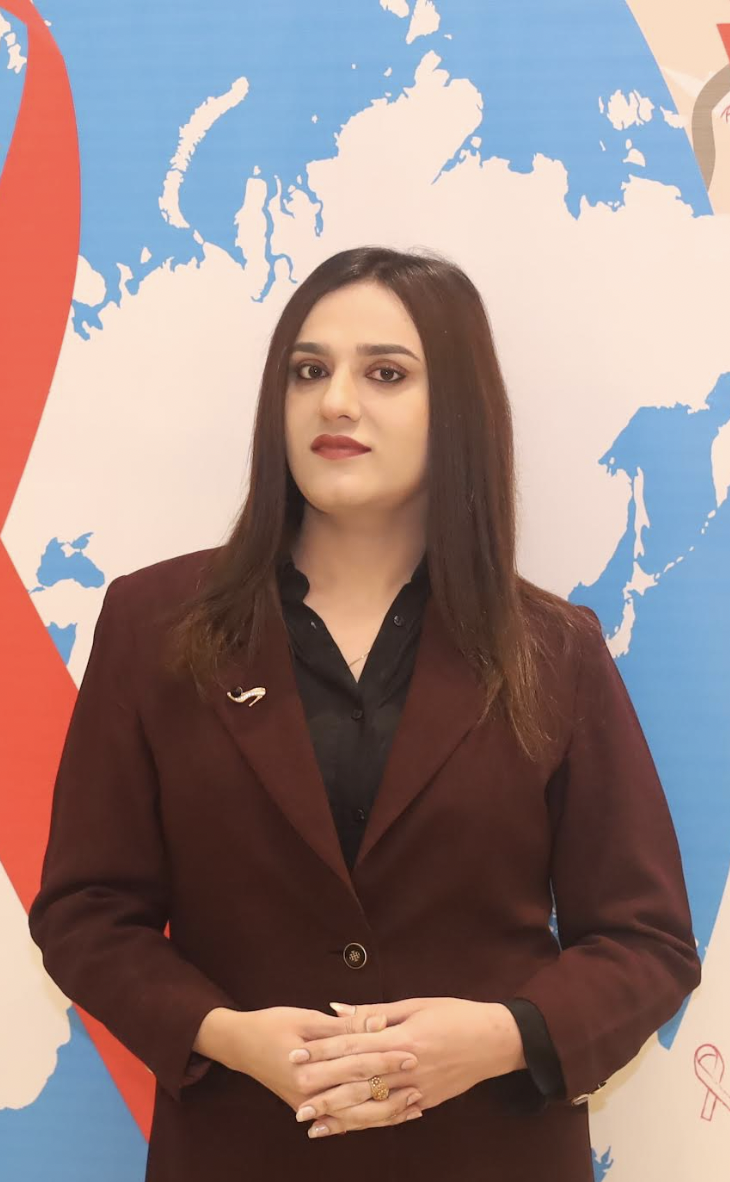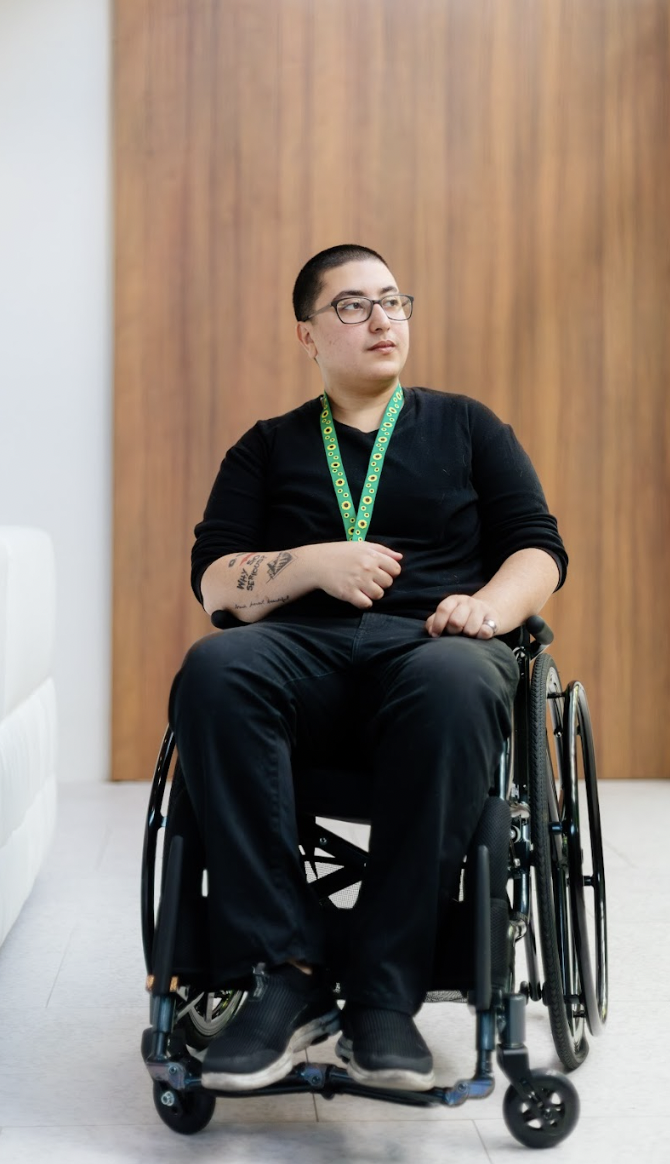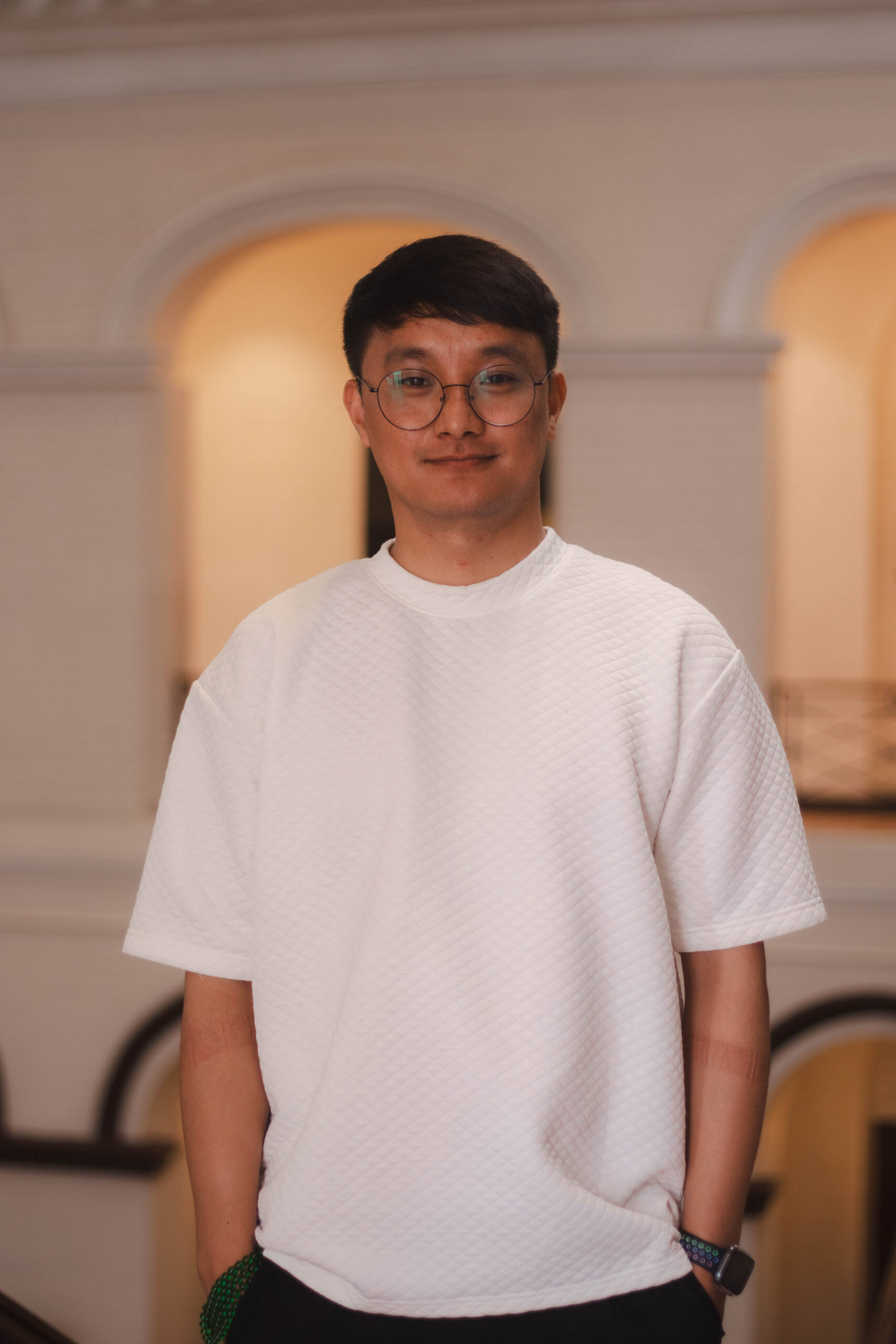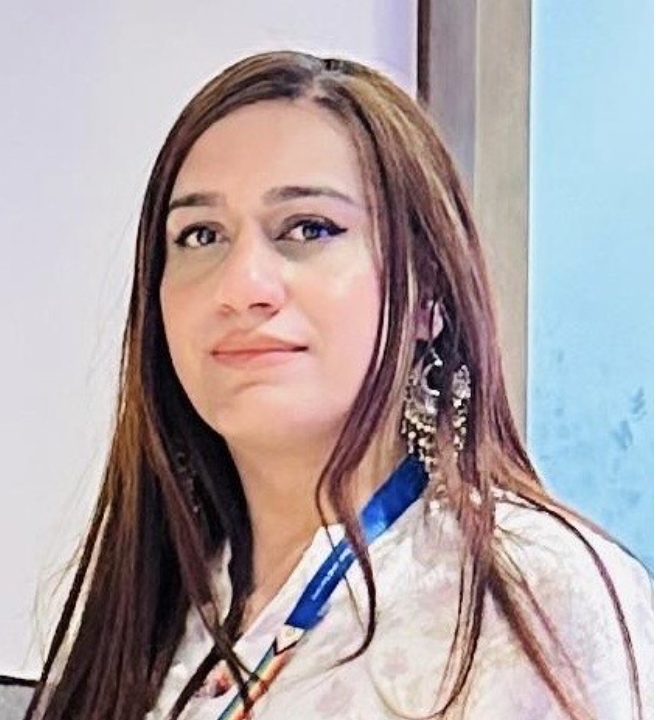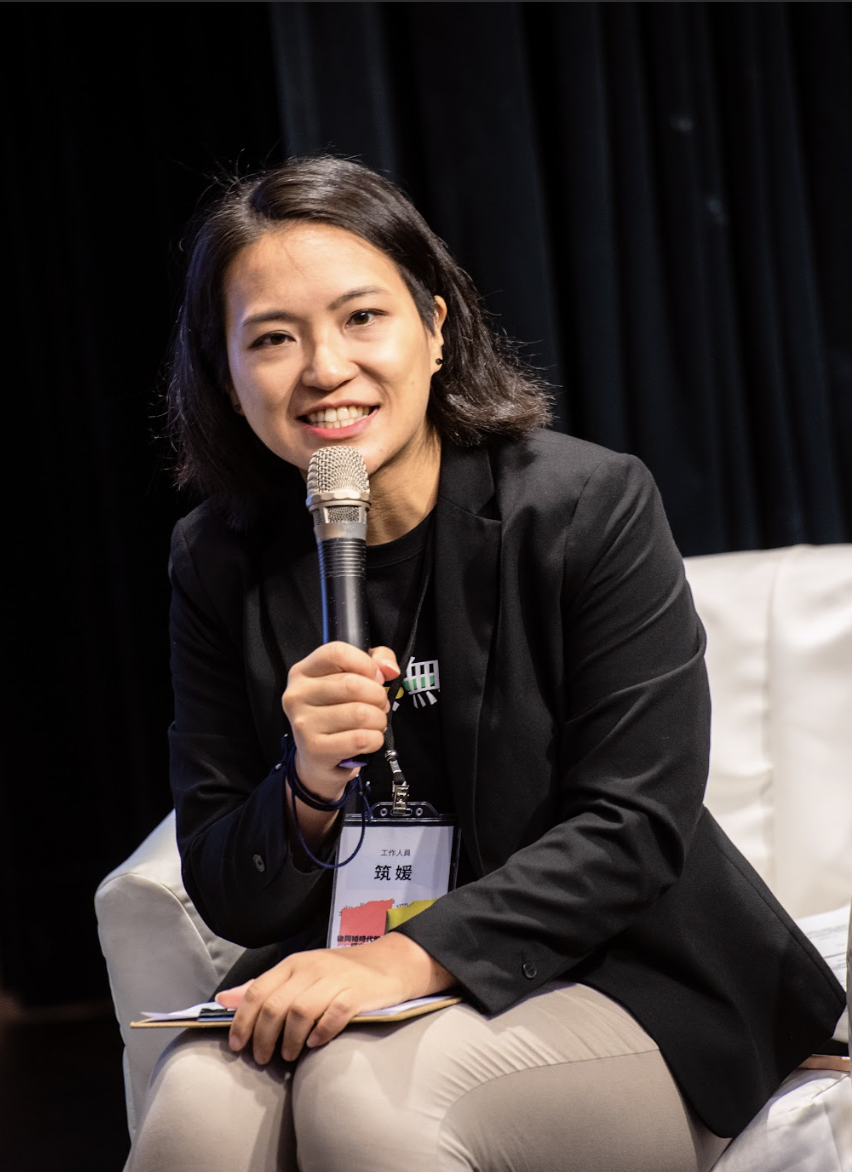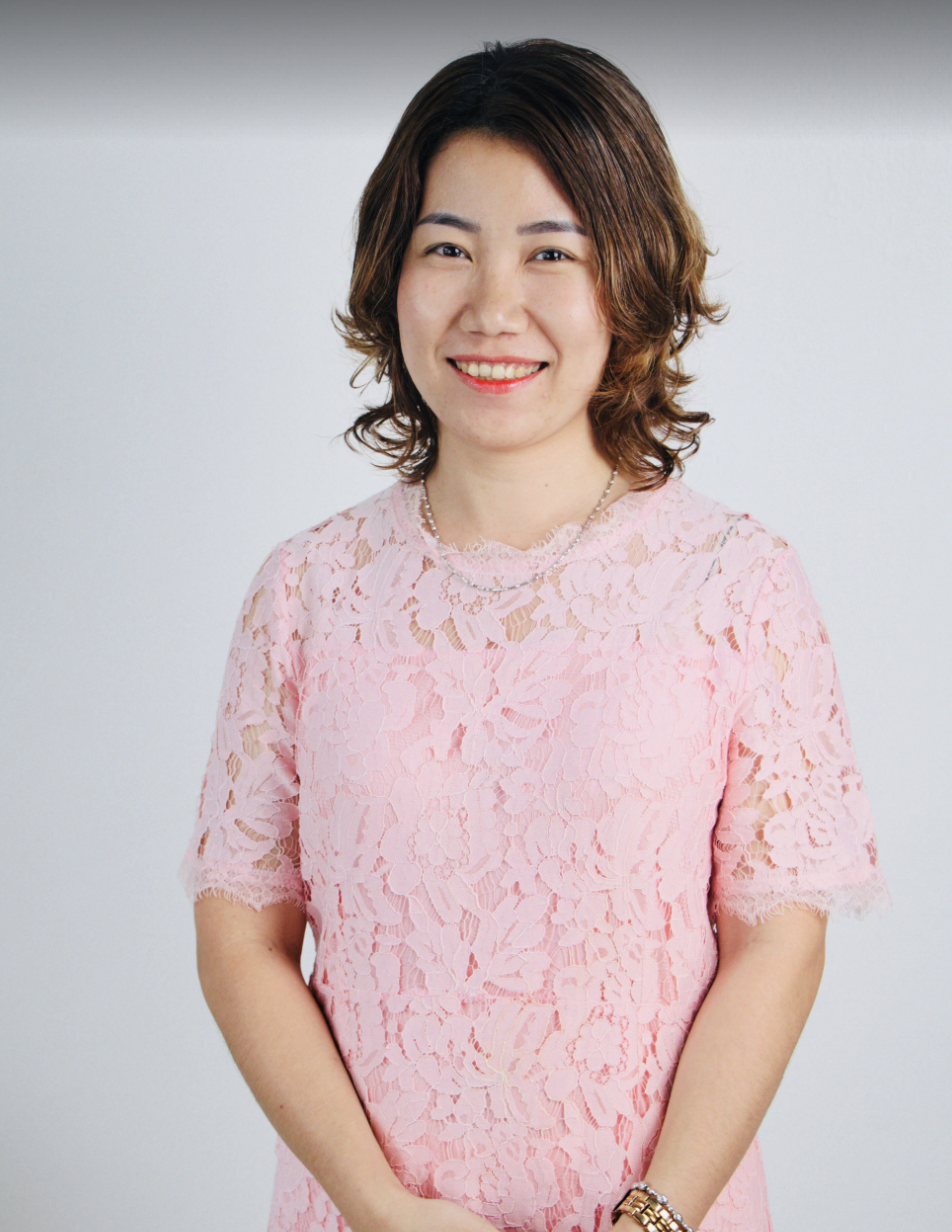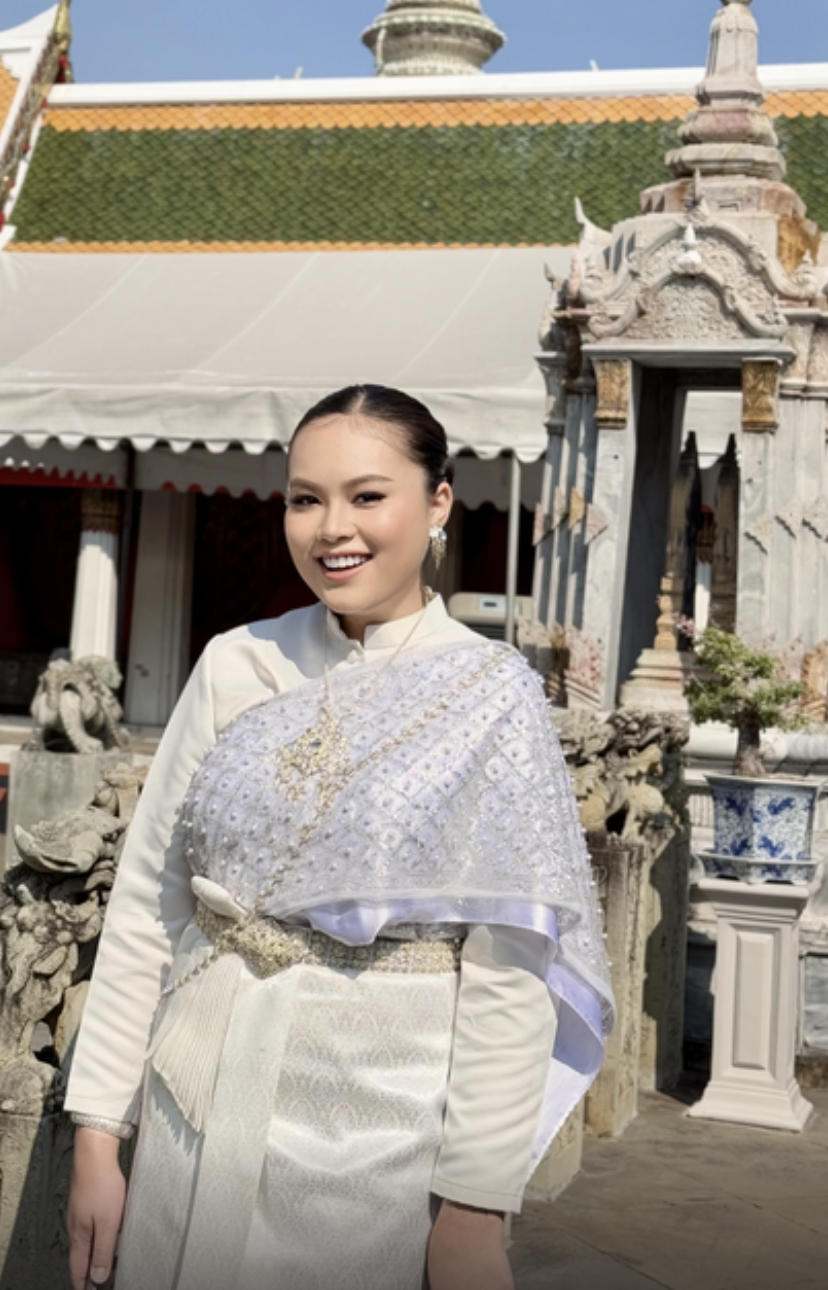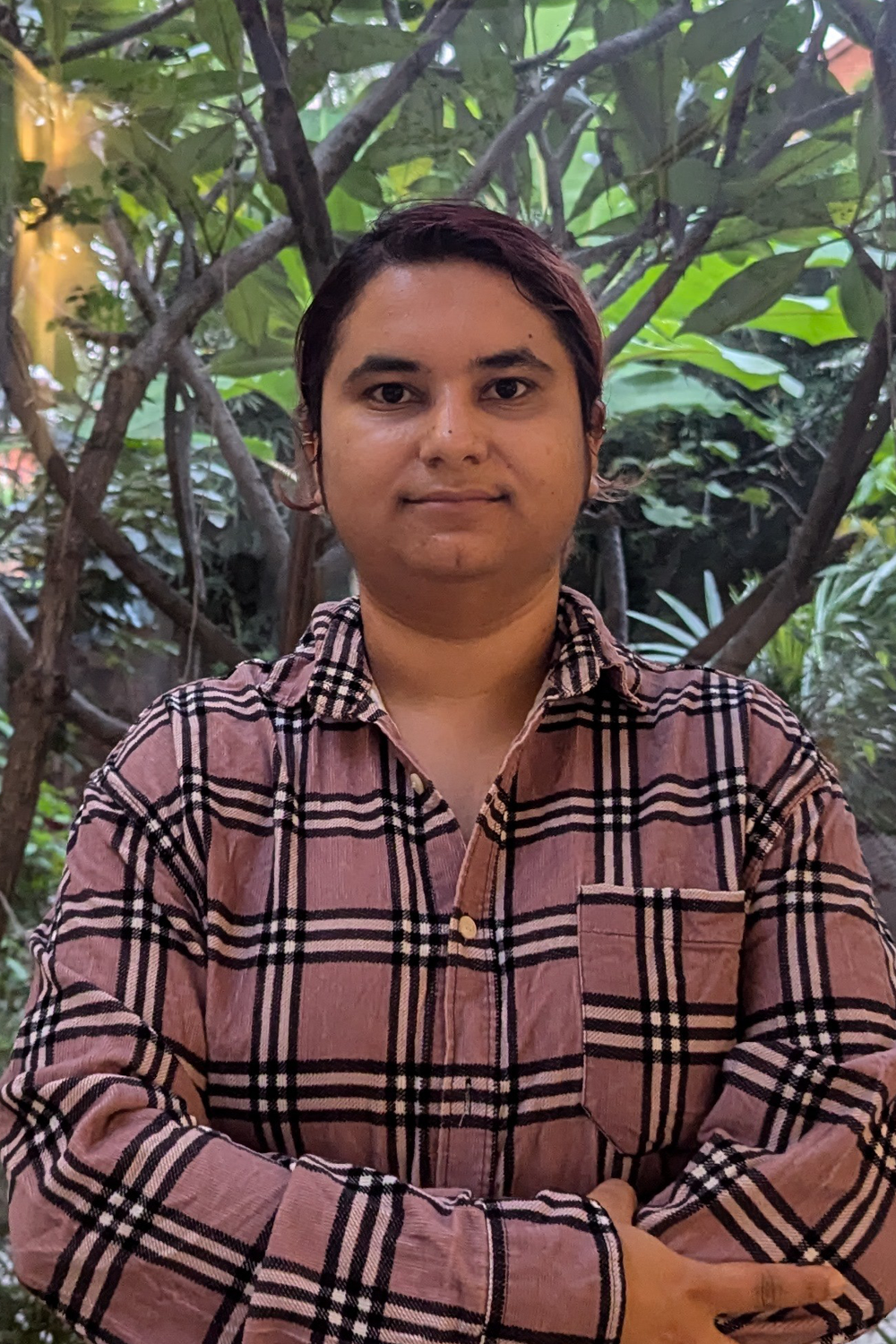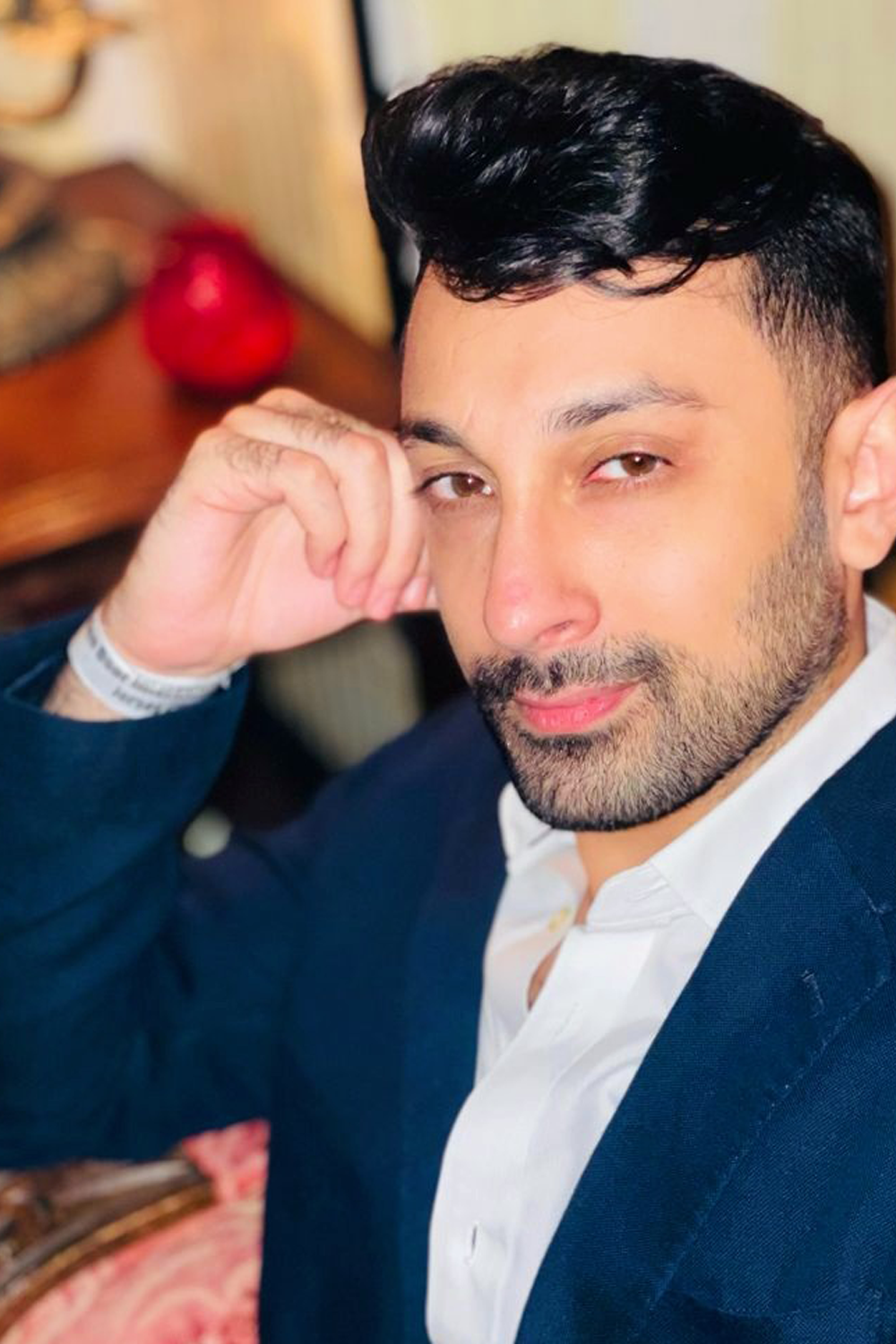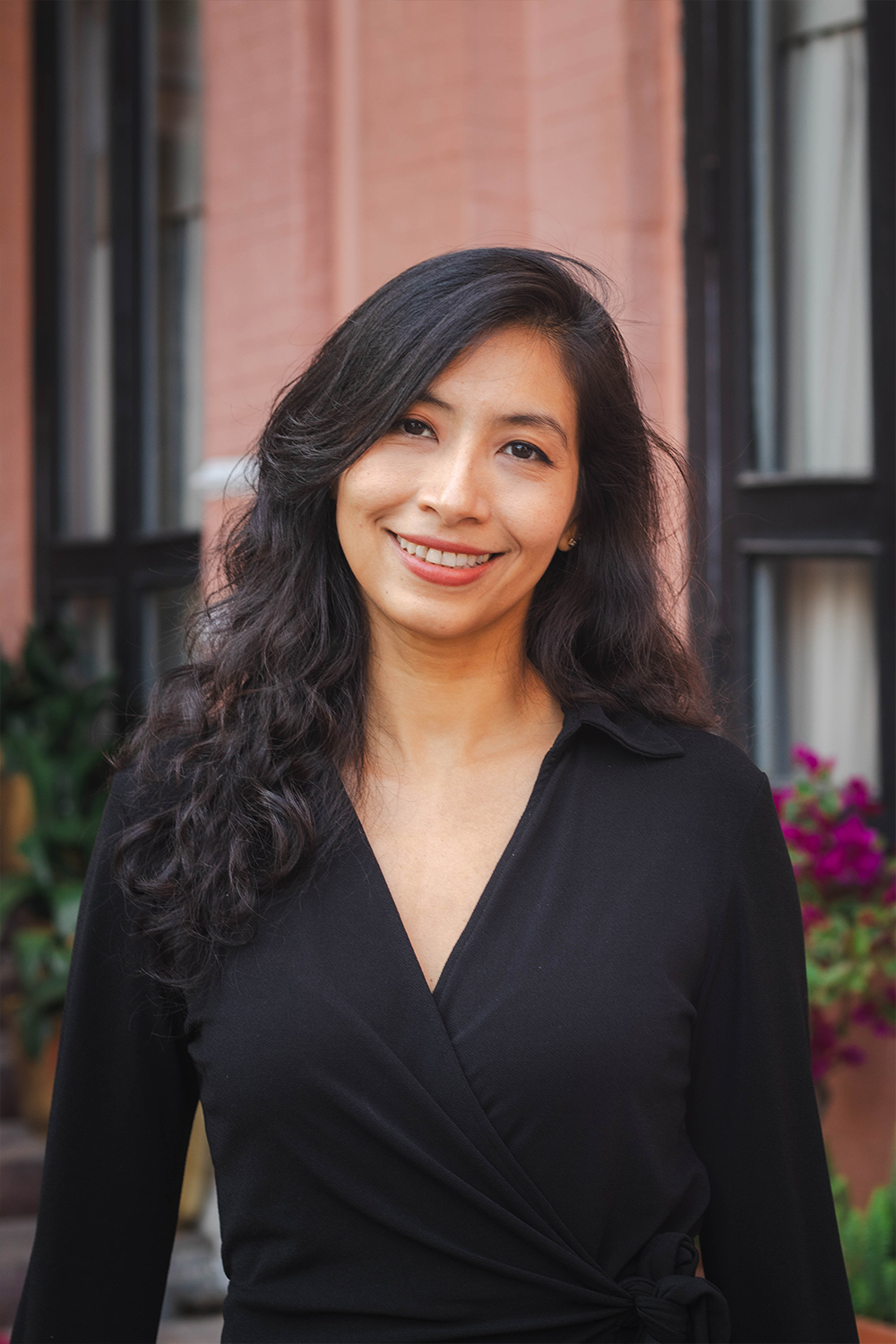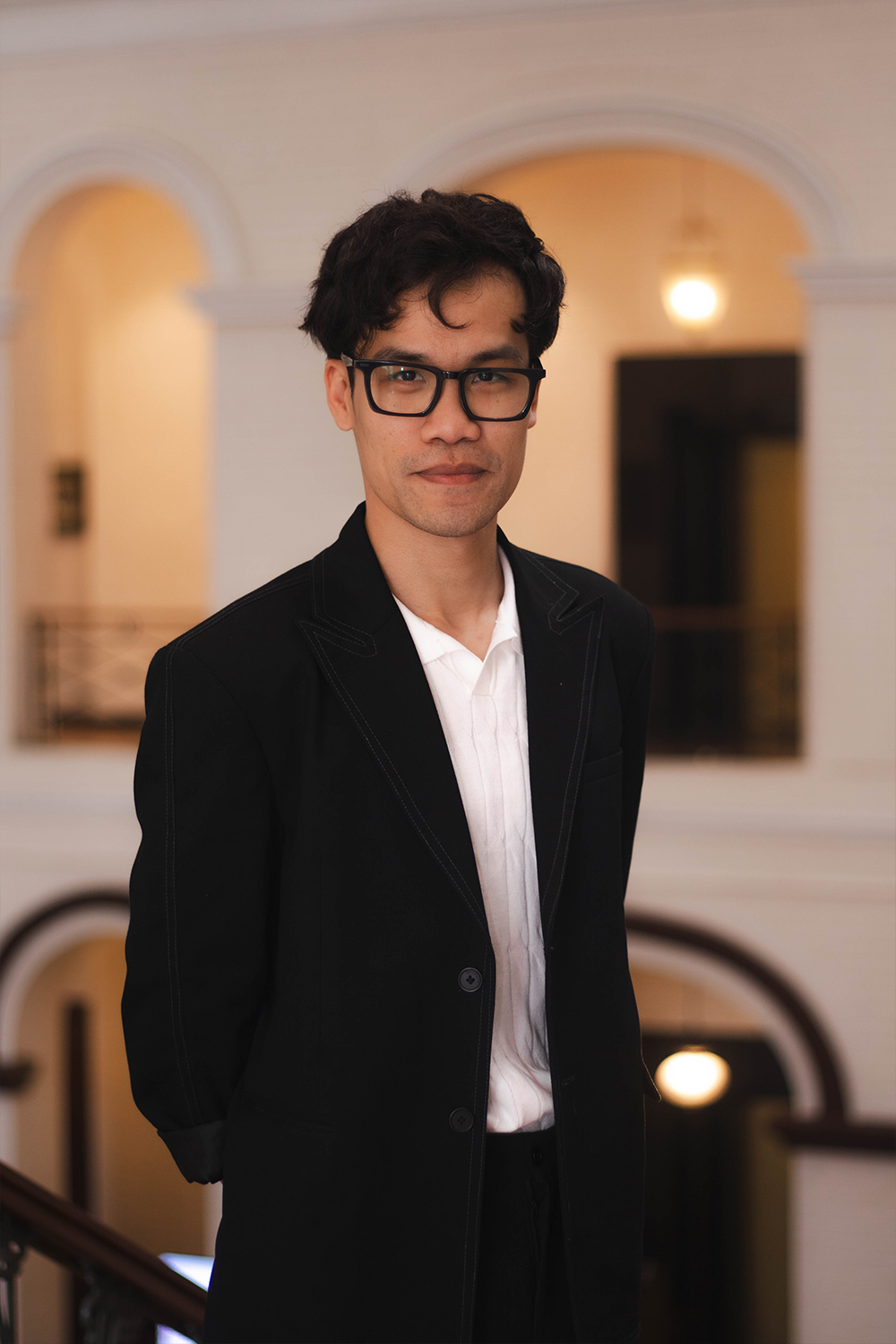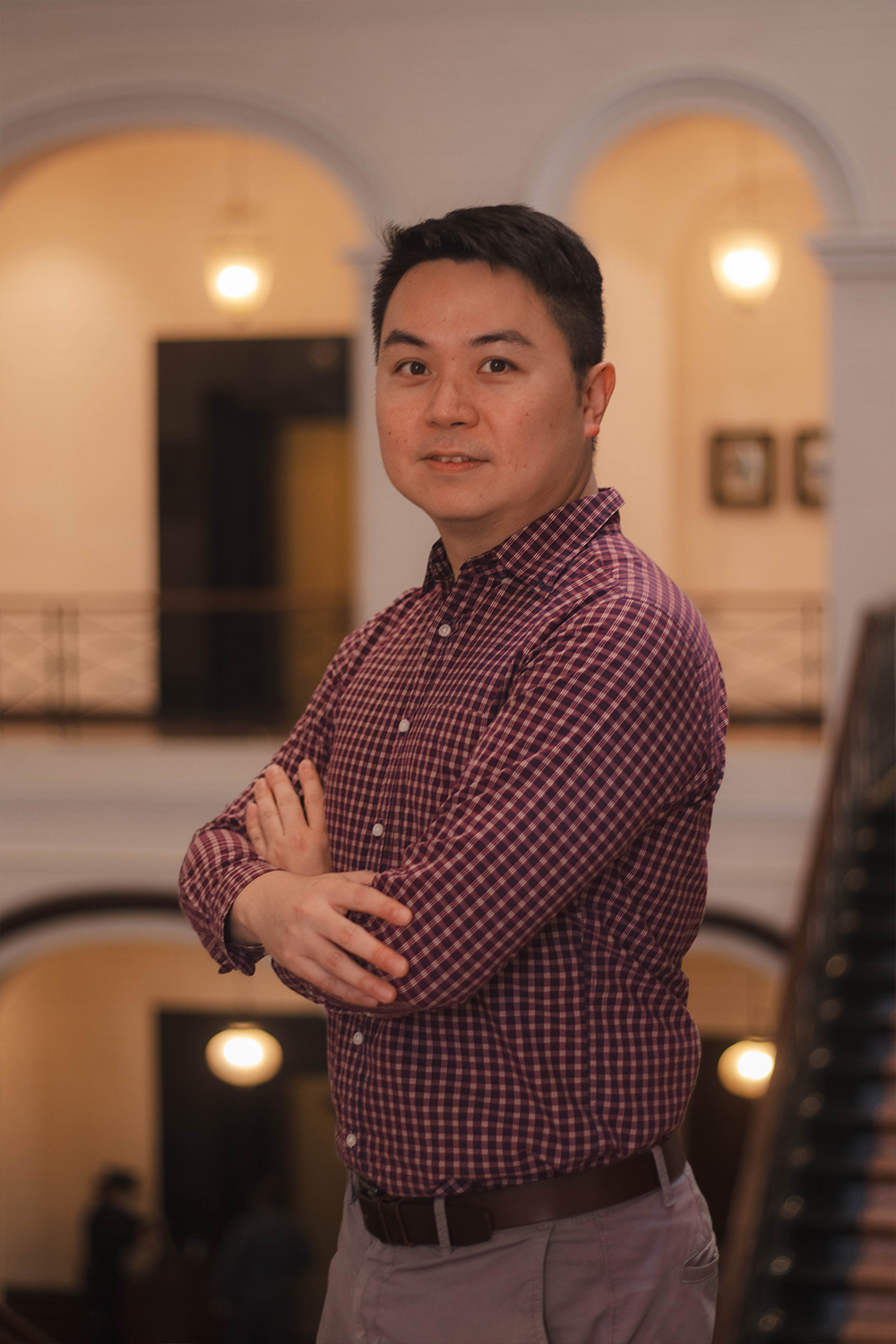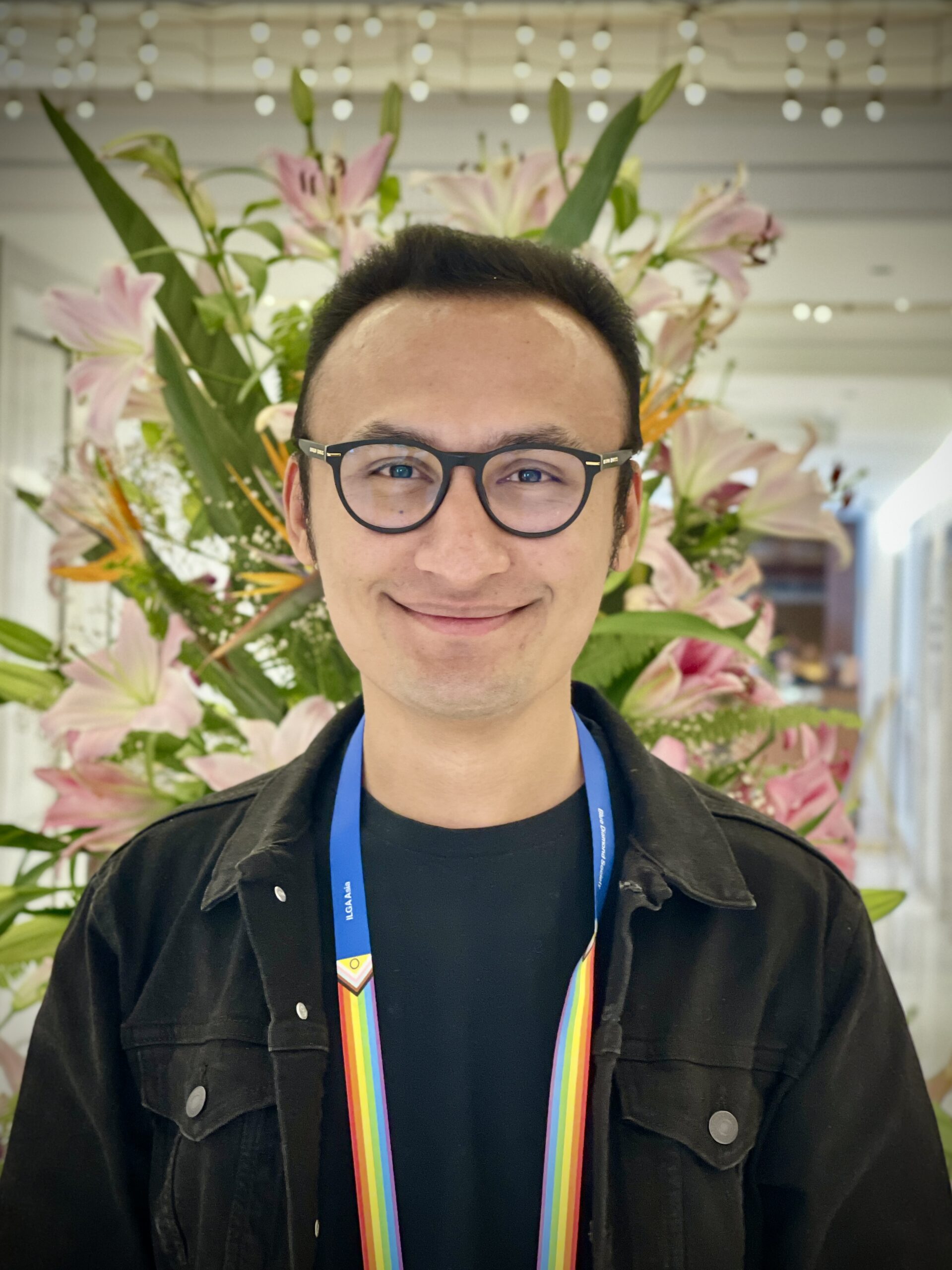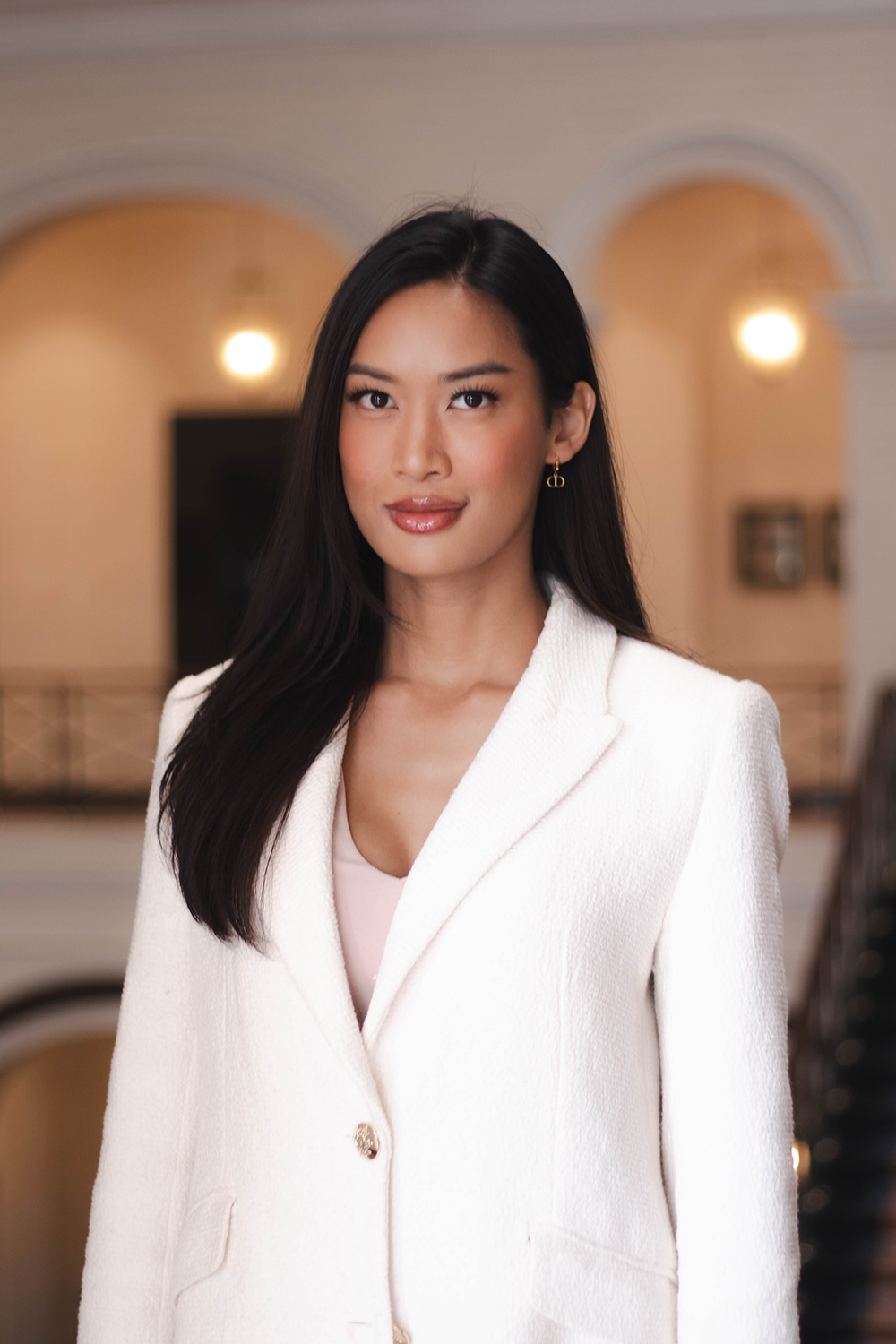5 April 2022
The FIFA Men’s World Cup Qatar 2022 presents a once-in-a-lifetime opportunity for the state of Qatar to showcase its technical abilities and prowess to host the world’s most-watched sports competition. A sport that reaches every corner of the world and can contribute to tolerance, human understanding and equality.
In 2020 an international grouping of sixteen LGBTIQ-led and focused organisations concerned about the lack of protections being offered to LGBTIQ people by FIFA and the host country organisers of the 2022 World Cup (the Qatar Supreme Committee (SC)) began to meet to define a series of questions about the situation in Qatar.
The group considered what might face visiting supporters, players, coaches and support staff, and others working at the tournament for media organisations, sponsors, national football team operations, who either identify as being part of the LGBTIQ community or are active allies. The long-term legacy and impact of the tournament on LGBTIQ individuals and communities in the region was also a consideration.
In January 2021 the group wrote to FIFA and the Supreme Committee to set out the principle concerns being expressed by LGBTIQ communities and stakeholders in relation to the World Cup.
Why are LGBTIQ and human rights in Qatar important?
The concerns over LGBTIQ rights around Qatar and its hosting of the Men’s World Cup centre on the question of whether the Qatari hosts can guarantee basic safety and freedoms for visitors, and the context of what rights currently look like for LGBTIQ people living in Qatar.
There are multiple elements of Qatari law that make same-sex relations illegal, the penal code sets out infringements that are punishable by heavy jail sentences. Article 296 directly criminalises same-sex relationships.
Recent international reports detailing the ways in which LGBTIQ persons have been arrested by state forces report issues of concern for both visitors and members of the local population. [1][2]
There is also widespread concern that local Qatari LGBTIQ people will not benefit from the hosting of the World Cup through increased freedoms, acceptance or being granted new rights. The fear is that the World Cup may lead to them being further marginalised through international acceptance of the country’s position is seen as an endorsement.
This is despite the fact that Articles 3 and 4 of the FIFA statutes on human rights, and non-discrimination and equality pledge to create equality for all in football.
Based on these concerns, the group set out eight measures for action to FIFA and the Supreme Committee.
Eight measures for action by FIFA and the Supreme Committee
The FIFA World Cup sets the standard for the organisation and hosting of international football tournaments across the world. The group believes that all FIFA World Cups should be organised according to international human rights standards, regardless of the state hosting them. The FIFA human rights policy commits to protect ‘adverse impacts on the human rights of people belonging to specific groups or populations that require special attention.’
The group has formally presented eight action points on LGBTIQ rights to be implemented before and during the Qatar World Cup by FIFA and the Qatari authorities. They are:
- Repeal laws or regulations that target LGBTIQ people
- Provide explicit safety guarantees for LGBTIQ people against harassment, arrest or detention
- Guarantee the right of entry to Qatar for LGBTIQ persons planning to attend the FIFA Men’s World Cup 2022, as well as freedom of expression for all people in the country, inside and outside of stadiums
- Provide appropriate training in dealing with the LGBTIQ community.
- Ensure adequate facilities in stadia for LGBTIQ persons.
- FIFA and the SC communicate a clear welcome to Qatar for LGBTIQ persons planning to attend the FIFA Men’s World Cup 2022, as well as freedom of expression for all people in the country inside and outside of stadiums
- Ensure that there is no censorship or ban on discussion of LGBTIQ issues in the local and international media or in broadcasting.
- Work with stakeholders from the international and regional LGBTIQ community to ensure the long-term safety of LGBTIQ persons in the region.
Future action
The group has met with FIFA and had a high level of cooperation. There has also been a joint meeting with FIFA and the Supreme Committee. FIFA has responded in writing to the eight requests for action; the Supreme Committee has yet to do so.
Progress has been slow, reassurances about the safety of LGBTIQ people and the mechanisms in place to ensure safety have not been adequate. If acknowledgement of the issues facing LGBTIQ people in Qatar and reassurances of safety cannot be offered, we will be forced to question if the risk facing LGBTIQ people wanting to attend or work at the World Cup in Qatar is too high.
Further meetings are planned with both FIFA and the Supreme Committee in the coming weeks where it is hoped progress can be made.
Appendices
The grouping of organisations involved in the initiative include: Athlete Ally; Discover Football; European Gay and Lesbian Sports Association; Fare network; Federation of Gay Games; Football v Homophobia; Hidayah; International Supporters Council; ILGA World; ILGA Asia; Leap Sports; Pride House International; Mantiqitna; Mosaic; Queer Khaleeji; You Can Play
Additional context to the situation facing LGBTIQ people in Qatar
- A number of articles of Qatari law target persons of diverse sexual orientations, with terms of imprisonment of up to 10 years. Article 296 directly criminalises same-sex relationships.
- In October 2020 the UN Working Group on Arbitrary Detention reported on a visit to Qatar prisons to the UN Human Rights Council: “According to official records provided by the central prison, five people were being detained for sodomy at the time of the Working Group’s visit.”
The report goes on to say:
“The Working Group recalls that the arrest or detention of individuals based on discriminatory grounds, such as gender or sexual orientation, is arbitrary underinternational law and in violation of articles 2 (1), 3 and 26 of the International Covenant on Civil and Political Rights. The criminalization of consensual sexual relations between adults is an interference with the privacy of the individuals, in violation of article 17 of the Covenant. The Working Group calls upon the Government to comprehensively review the criminal legislation and to repeal all provisions that discriminate against, or have a discriminatory impact on, any individuals or groups, including women and the LGBTI community.”
- In December 2021 the ILGA World publication ‘Our identities under arrest’ presents four examples of visitors being sanctioned for their sexual orientation through the legal system by imprisonment or deportation.
- Other reports present anecdotal evidence of arrest and monitoring of local LGBTIQ visitors based on their online and traditional media activity. There have also been suggestions of arrests based on ‘honeytrap’ operations. Similarly state authorities have been said to use mandatory conversion therapy based on reports from friends and colleagues.
